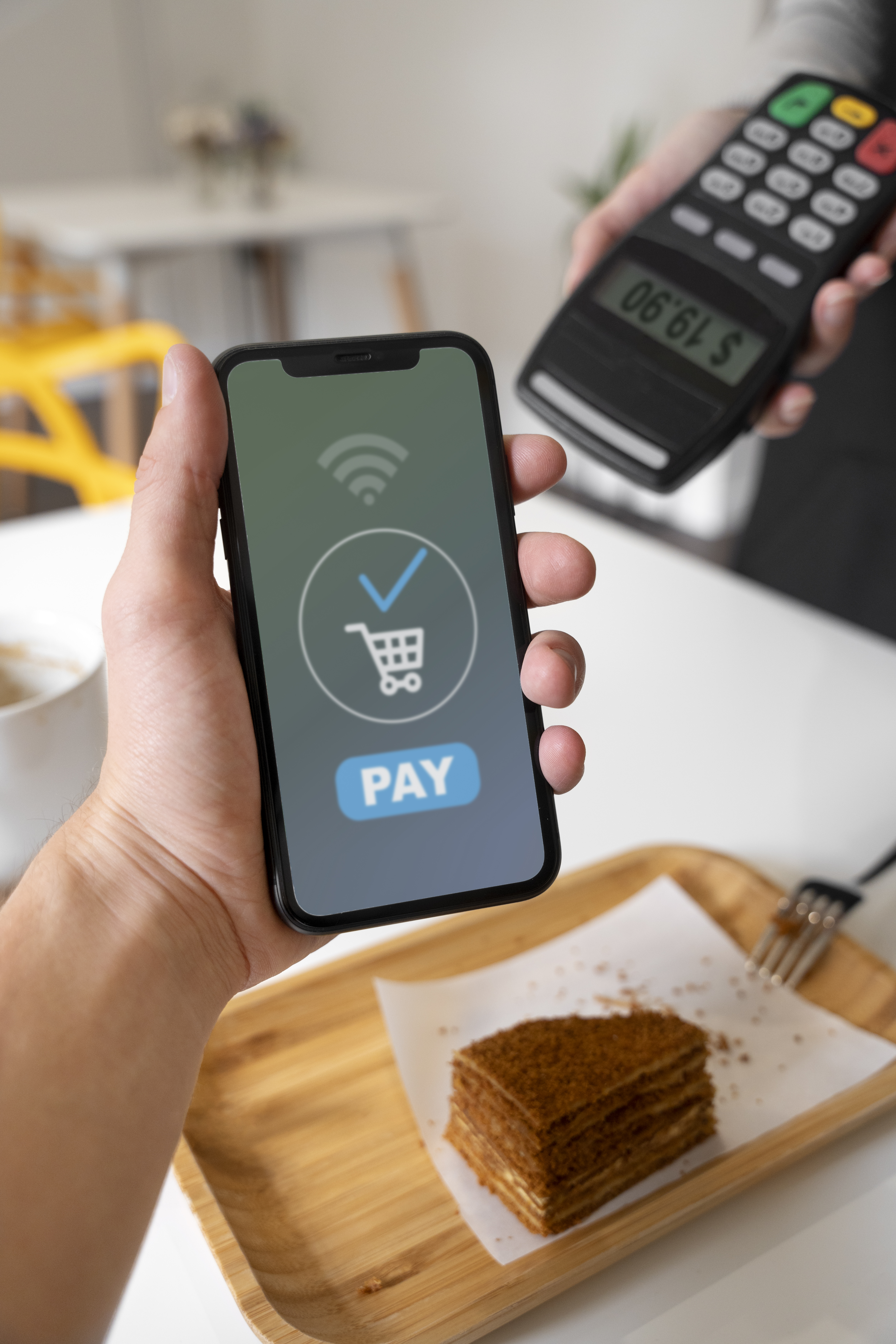Introduction to Payment Gateways: How They Work and Why They're Essential

Strong 8k brings an ultra-HD IPTV experience to your living room and your pocket.
As digital commerce expands globally, the need for secure, efficient, and seamless payment solutions is greater than ever. This demand has fueled the rapid growth of payment gateways—a critical component of online financial transactions. Whether you're a merchant, developer, or curious user, understanding the role of payment gateways is essential. This article delves into what payment gateways are, how they work, and why they’re indispensable for any online business that accepts payments. It will also touch upon how payment software development services can assist businesses and developers aiming to create a payment gateway tailored to specific needs.
What Is a Payment Gateway?
A payment gateway is a technology used by merchants to accept online payments. It’s essentially the bridge between a customer’s payment and a merchant’s bank account. When a customer initiates a transaction on an e-commerce site, the payment gateway encrypts their payment data, verifies it with the customer’s bank, and, if approved, enables the transaction to be completed. Payment gateways facilitate the secure transfer of funds from customers to businesses, ensuring transactions are seamless, fast, and protected from fraud.
Payment gateways are integral to all e-commerce transactions, allowing businesses to expand their customer base by offering multiple payment methods, including credit cards, debit cards, and digital wallets. Payment software development services are essential for businesses aiming to implement a payment gateway, whether they are creating a custom gateway or integrating a third-party solution.
How Do Payment Gateways Work?
Understanding how a payment gateway functions involves breaking down the transaction process into specific steps. Here’s a step-by-step guide to how these systems work:
Customer Initiates a Transaction: When a customer adds items to their cart and proceeds to checkout, they are prompted to enter their payment details, typically credit or debit card information.
Encryption and Data Transmission: The payment gateway encrypts the customer's data to ensure security. This encryption process prevents sensitive information, like card numbers, from being accessible to malicious parties.
Authorization Request: The encrypted data is then sent to the acquiring bank (the merchant's bank), which forwards it to the card issuer (the customer’s bank) to request authorization for the transaction.
Approval or Decline: The card issuer verifies the customer’s information and checks whether they have sufficient funds or credit. Based on this verification, the transaction is either approved or declined, with the response sent back through the acquiring bank and payment gateway.
Completion and Settlement: Once the transaction is approved, the payment gateway finalizes the transaction by sending a success notification to the merchant and customer. Funds are then transferred from the customer’s account to the merchant’s bank, although this settlement process can take several days.
With the assistance of payment software development services, businesses can create a payment gateway that ensures this process is not only secure but also efficient and adaptable to various payment methods.
Key Components of a Payment Gateway
Creating an effective payment gateway requires several key components, each playing a role in ensuring secure and seamless transactions. Here are some of the critical elements involved:
Payment API: The payment application programming interface (API) connects the payment gateway to the e-commerce platform, enabling the flow of transaction data. Payment APIs allow developers to create a payment gateway that integrates with various systems and payment methods.
Encryption Protocols: Secure transactions are essential, and payment gateways use encryption protocols like Secure Socket Layer (SSL) to protect payment information during transmission. Compliance with standards like PCI DSS (Payment Card Industry Data Security Standard) is also crucial to maintain security.
Authentication & Authorization: To prevent fraud, payment gateways incorporate verification processes that confirm the identity of the cardholder. Many payment gateways implement 3D Secure, a multi-layered security protocol, to further authenticate the transaction.
Transaction Management System: Payment gateways include tools for managing transaction records, which allow merchants to review transaction histories, manage refunds, and address disputes.
Fraud Detection Tools: Advanced fraud detection systems, such as machine learning algorithms, flag suspicious transactions in real-time, providing an extra layer of security for businesses and customers alike.
When utilizing payment software development services, businesses can design each component to meet specific needs, thereby enhancing the gateway’s functionality and security.
Why Are Payment Gateways Essential?
The importance of payment gateways extends beyond just handling transactions. Here are a few reasons why payment gateways are vital for businesses:
Enhanced Security: Payment gateways protect sensitive financial data with robust encryption and compliance protocols. This is crucial in today’s environment, where cyber threats are more prevalent. By using trusted payment software development services to create a payment gateway, businesses can add tailored security features to fit their requirements.
Improved Customer Trust and Satisfaction: A reliable payment gateway can improve customer trust, as it ensures secure and seamless transactions. Customers are more likely to purchase from businesses with trusted payment solutions.
Broader Payment Options: Payment gateways often support a variety of payment methods, including digital wallets, bank transfers, and international cards. This flexibility allows businesses to appeal to a broader audience, increasing their customer reach.
Efficient Transaction Management: Payment gateways provide tools for handling multiple transactions and managing refunds, disputes, and transaction records. This feature helps businesses streamline their financial operations.
Integration with Other Business Tools: Most payment gateways can integrate with other business tools, such as accounting software and CRM systems, making it easier to manage finances and customer relationships effectively.
Choosing Between Third-Party vs. Custom Payment Gateways
Businesses can choose between integrating third-party payment gateways, like PayPal or Stripe, or building a custom payment gateway. Here are some considerations for each approach:
Third-Party Payment Gateways: These gateways are popular for their ease of use, security, and reliability. They come with pre-built security features, so businesses don’t need extensive technical knowledge. However, transaction fees can be high, and customization is limited.
Custom Payment Gateways: Custom solutions allow businesses to create a payment gateway that meets their specific needs. Payment software development services enable businesses to design their own gateway, with customized features, branding, and lower transaction fees. While more complex and potentially costly upfront, custom gateways offer flexibility and control.
Conclusion
Payment gateways are the backbone of digital commerce, providing businesses with a secure and efficient way to handle online transactions. They play a crucial role in protecting sensitive information, ensuring seamless transactions, and improving customer trust. For businesses looking to create a payment gateway that meets unique requirements, investing in specialized payment software development services can be invaluable. Whether integrating a third-party solution or building a custom gateway, a well-designed payment gateway is essential for any business aiming to succeed in today’s digital marketplace.
By understanding the components and benefits of payment gateways, businesses can make informed decisions about implementing the right solution. As online transactions continue to grow, so does the importance of reliable and secure payment gateways—making them an indispensable part of modern commerce.
Note: IndiBlogHub features both user-submitted and editorial content. We do not verify third-party contributions. Read our Disclaimer and Privacy Policyfor details.


